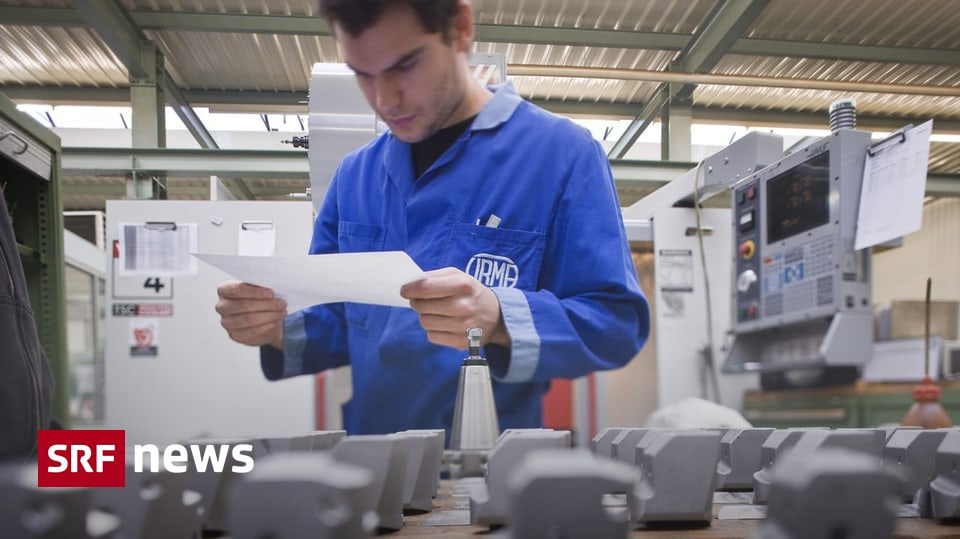Contents
Swiss companies continue to expect staff shortages in the future. They are therefore looking for ways to become more attractive.
How do you strengthen the apprenticeship? How do you make yourself more attractive as an employer? How do you develop employees further? The entrepreneurs at this year’s Swiss Economic Forum are dealing with these and other questions about the shortage of skilled workers.
The topic is currently one of the biggest challenges for the economy, as a current survey by the “Neue Zürcher Zeitung” and the Kalaidos University of Applied Sciences shows. 30 percent of the small and medium-sized companies surveyed, i.e. SMEs, stated that they will be particularly concerned about the shortage of skilled workers in the next three years.
Many of the SMEs do not see any relaxation. In the survey, 59 percent expect that the availability of qualified personnel will deteriorate. In comparison to the previous year, the shortage of skilled workers was at least not judged quite so critically.
Missing baby boomers
One reason for the lack of workers is demographics. The baby boomer generation is retiring, too few young professionals are moving up. The situation has also worsened with the Covid pandemic, as Martin Meyer from Adecco explains. The job placement company regularly examines the shortage of skilled workers together with the University of Zurich.
During the pandemic, many people started working part-time, says Meyer. “Sometimes 80, 70 or 60 percent. These are working models that people want to continue.” And these workers would then be missing.
Economy needs more specialists
Christiane Leister, President of the Board of Directors of the Leister technology group, needs more employees. She sees another reason for the shortage of skilled workers in digitization. «The technical professions have changed extremely quickly with the digital requirements.» There are professions in her company today that were not needed five or ten years ago.
Legend:
The requirements have grown as a result of digitization.
KEYSTONE/PETER KLAUNZER
The company BBV Software-Services is also feeling a similar pressure from digitization. Head of HR Thomas Gaugler says that the demand for software solutions has increased. «Business models are becoming more and more permeated by IT. That increases demand.” So there are too few specialists, but more and more orders.
wooing for talent
In order to attract the remaining talent in the labor market, companies need to find new ways. In the SME survey, too, companies were asked about possible measures. They see the greatest potential for alleviating the shortage of skilled workers in further training for staff.
It has become more important for companies to be attractive employers. “Today, applicants can choose where they want to go,” observes Leister. Your company is therefore trying to recruit workers right after they have completed their training. A trump card, for example, is an interesting job in an international environment.
BBV Software Services is also looking for ways to attract talent. “We are making working hours more flexible, working from home is an issue, generous training,” says Head of Human Resources Gaugler. Nevertheless, the shortage of skilled workers remains a challenge.
